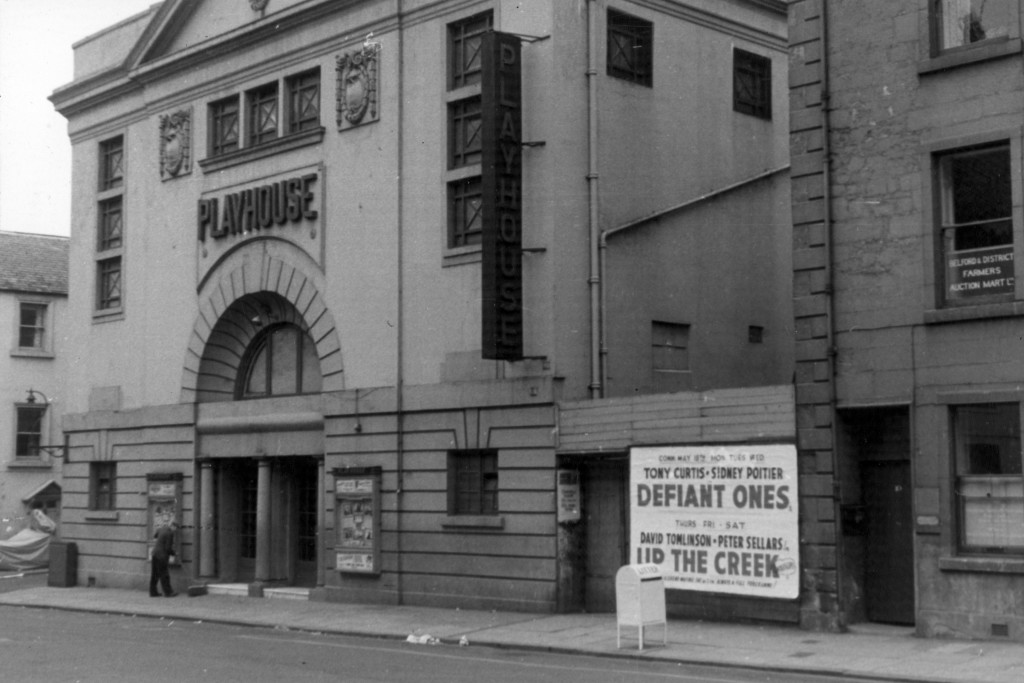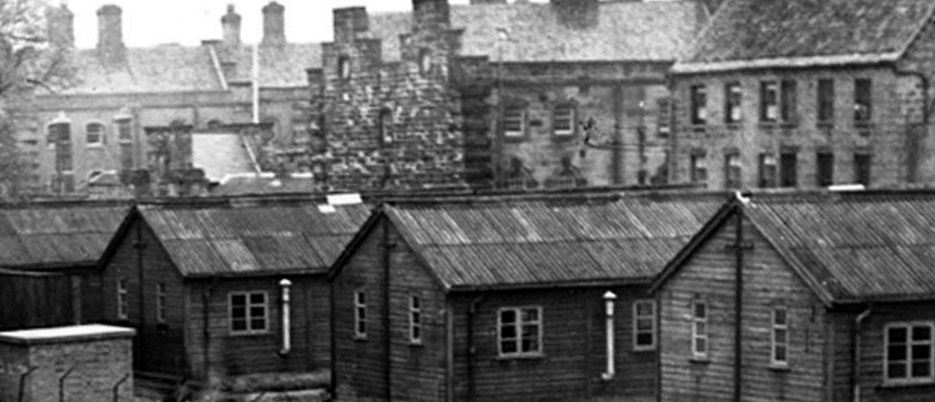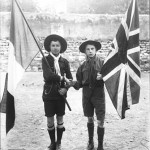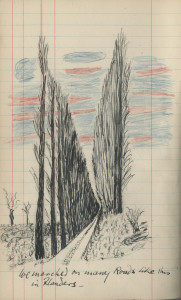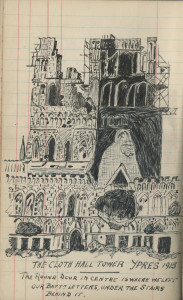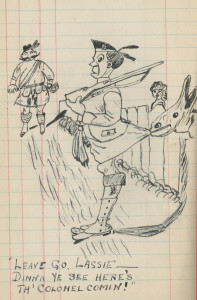At the outbreak of First World War, under the terms of the Alien Registration Act and British Nationality Act, all aliens over the age of 16 were required to register at local police stations and to demonstrate a good character and knowledge of English. This was due in part to a fear of spies. Those registering were required to provide details of name, address, marital status and employment as well as information about their background and origins. Northumberland Archives holds almost 300 ‘aliens files’ amongst the records of Northumberland Constabulary (ref: NC/3/46-48). One of our project volunteers, Hilary Love, has looked at some of the files and written this article about one of the cases recorded.
No, the Archives hasn’t been invaded by little green men! There are numerous files stored at Woodhorn giving details of a wide range of people, from travelling musicians to miners, designated as Aliens in Northumberland during World War One. They give a fascinating glimpse into their nationalities and lives, the bureaucracy and paperwork involved in recording their movements and the mindset and suspicions towards any foreigner, regardless of how long they may have lived in England.
They can also be frustrating as the records only record their lives while they are in Northumberland so, once they have moved out of the County, there is no record of what happened to them.
One example is a file relating to Helene Grundmann, a Governess, who, in September 1914, applied for a permit to travel to Cornhill on Tweed. There was no objection to her residing at the Manse, Crookham and a letter from the Superintendent at Alnwick Police Office explained that she was the sister of the Reverend Moses Forsyth’s wife. 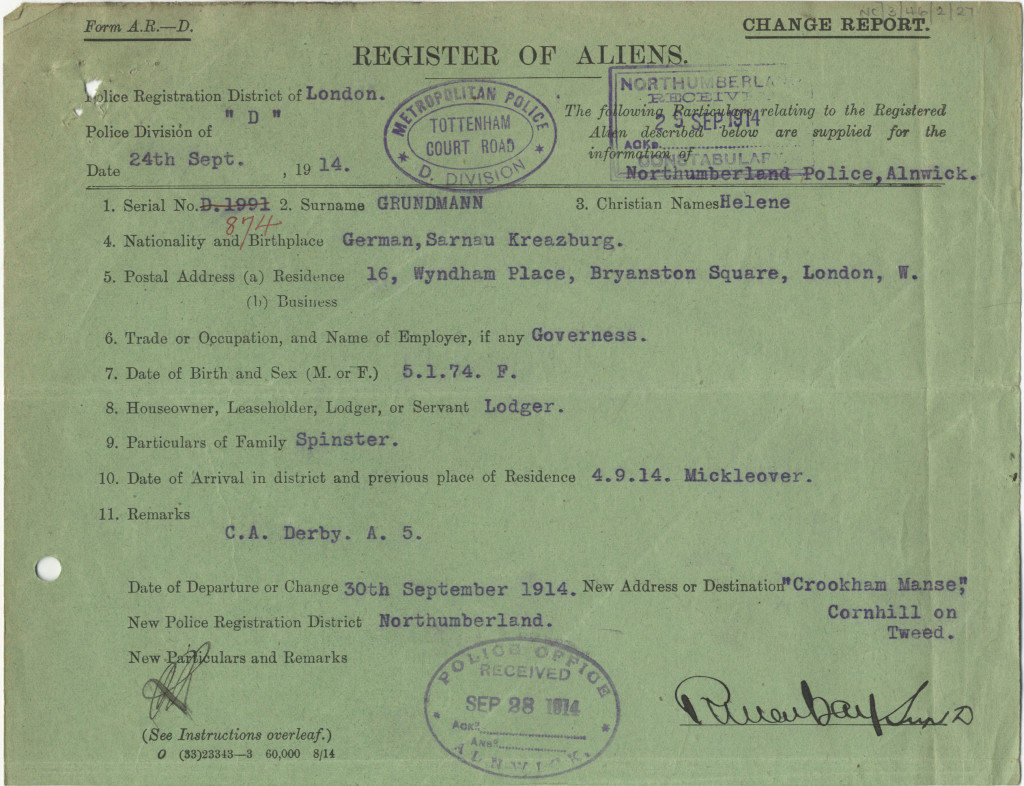
The Alnwick Police Office wrote to the Chief Constable of Northumberland in November 1914 to inform him that they had received a letter from J. Fenwick in Longframlington pointing out that there were Germans at Crookham Manse and that the Vicar of Branxton had declared that he could send messages to Germany through his agent in Holland. The clergy were obviously not above suspicion!
The Superintendent at Alnwick explained that the Reverend Forsyth’s wife was German and that she did not need to register at the time that the Act came into operation. Her sister had come from London and all her papers were in order. He didn’t know anything about the Vicar of Branxton but would make private enquiries and report back to the Chief Constable.
Enquiries were duly made and the report referring to the Vicar of Branxton, the Reverend Charles Ernest Hoyle, gave details of a letter he had read out at one of his meetings in the Reading Room at Branxton on 26th October 1914, which he’d received from a German lady. She had stayed with Reverend Hoyle in the summer but had gone back to Germany when war broke out. The letter stated that “this lady didn’t intend to speak to an Englishman again. England had been the cause of the war.” The Superintendant made it clear that Reverend Hoyle in no way favoured the Germans and no mention had been made of Belgian refugees or of an Agent in Holland.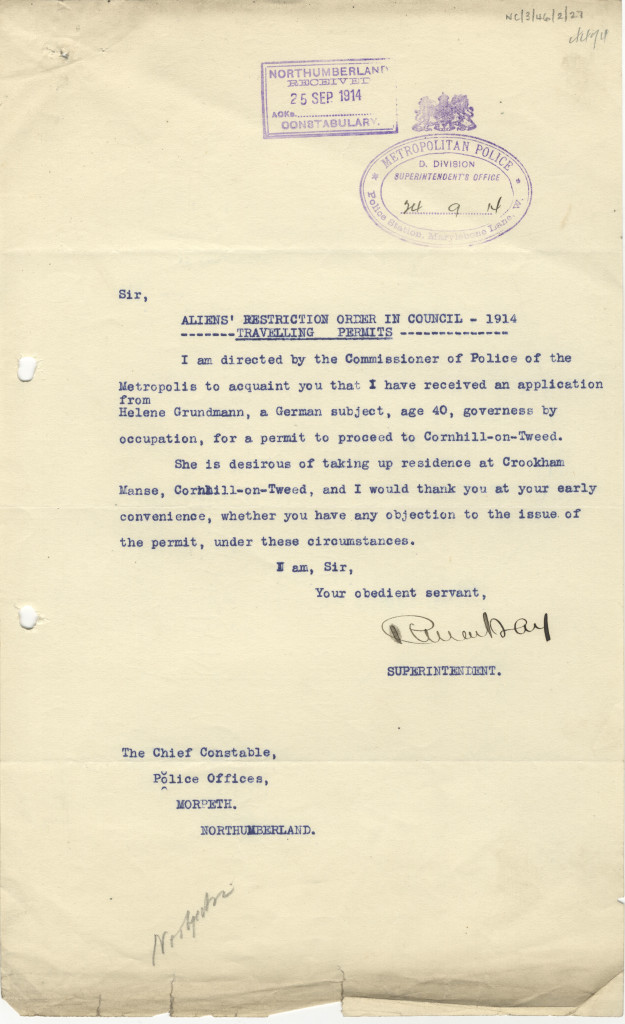
The War Office then entered the picture and wrote to Fullarton James, Chief Constable, in September 1918, and asked him what he knew of Mrs. Moses Forsyth: “Is she of German origin and is there any truth in the statement that she is exerting a very harmful influence over the minds of the village people by inculcating sentiments of disloyalty and anti-patriotism.”
The reply from the Superintendent, Alnwick Police Office, dated 1st October, 1918, states that Mrs. Forsyth is a German by birth but has been married to Mr. Forsyth for some years. “…. from enquiries made, I am quite certain that there is no truth in the statement that she is exerting a very harmful influence …. I am of the opinion that this complaint comes from the Church of England in the district by Mrs. Florence Neville, (a former Vicar’s wife), now of 8 Manor Head, Oxford, who was at one time resident at Ford, which is in the Crookham district. The district is a very small population and I cannot see what influence she could have over them; it is nothing to my mind but a case of petty spite.”
The final document, dated 23rd January 1923, is addressed to Miss H. Grundmann, returning her passport which had been re-endorsed to enable her to remain in the United Kingdom until 7th May 1923.
This is only one of many cases which are available at Woodhorn. Some contain very little and others contain many documents and give enough detail, covering several years, to piece together a good picture of the life of a registered Alien during the War.
We would like to express our sincere appreciation to Hilary Love for supplying this article for our Northumberland At War Project.


